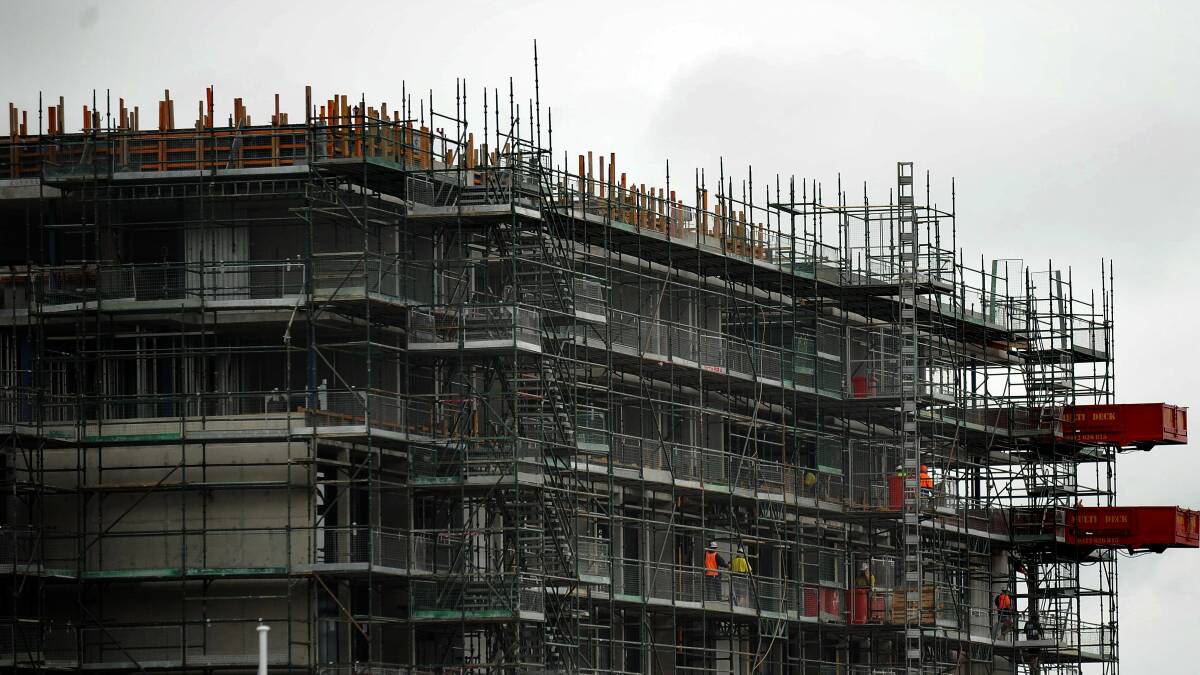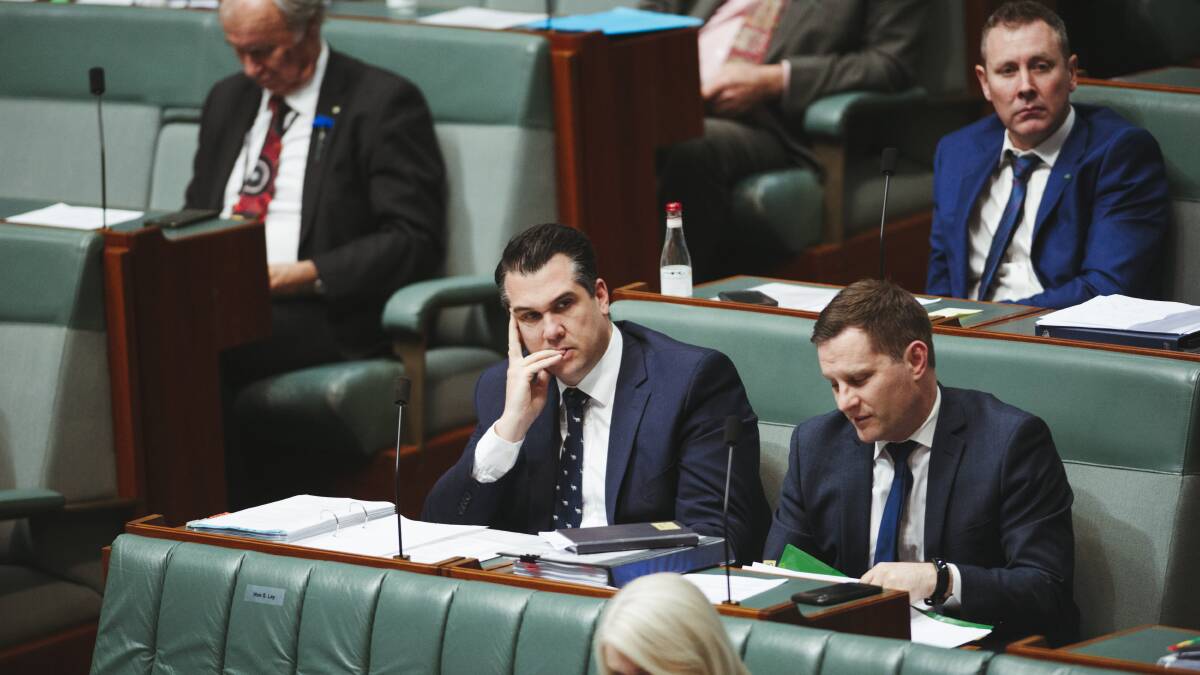
Labor is demanding federal government intervention after a warning Australia faces a ticking timebomb on social housing.
Subscribe now for unlimited access.
or signup to continue reading
Despite predictions of a crash at the beginning of the COVID-19 pandemic, data this month revealed low and middle income earners were being locked out of the property market by skyrocketing house prices.
And a new report from Compass Housing Services has predicted Australia will face a shortfall of nearly 200,000 social housing properties by 2031, calling for "urgent and significant intervention" from the Commonwealth.
The report, released on Monday, warned the states and territories were failing to keep up with demand, and only planned a combined 66,125 new dwellings over the next decade.
It found that would still exclude 100,000 families on current waiting lists, a number rising to 196,000 when an expected population increase was factored in.
"All current proposals and policies at state level collectively fail to meet the required level of provision in the face of existing and future demand for social housing," the report read.
"The federal government has reverted to its standard response, insisting that social housing is the responsibility of the states and territories. This default position leaves state governments struggling to meet housing need and creates a social and community crisis.
"Without federal intervention, an increasing proportion of the population will experience socially damaging levels of inequality and financial hardship."
READ MORE COVID-19 NEWS:
While not suggesting specific federal interventions, it called for a building partnership between the Commonwealth, state governments, community housing organisations, and the private sector.
The Coalition has made home ownership central to its economic response to the pandemic. It introduced the HomeBuilder scheme, granting up to $25,000 to build a new property, coupled with a scheme allowing first-time home buyers to secure a property with just a 5 per cent deposit.
But the report found the measures had had an inflationary impact on house prices which had "rippled through the rental market", increasing demand for social housing.
"Prior to the pandemic, major shortages of social housing in all states were evident and there was increasing awareness in the public at large of the excessive waiting times, even for those people with a high level of need. None of the federal responses to the Covid crisis have addressed this critical housing shortfall," it read.
Labor housing spokesman Jason Clare argued a more holistic approach - supporting homebuyers, renters and homeless Australians - was needed.
"You can't just have policies on one of those, you've got to tackle all three of those major problems that are getting worse, not better. The Liberal Party tends to focus on the first one but ignore the other two," he told The Canberra Times.
Labor made housing the centrepiece of its May budget reply. It has pledged to establish a $10 billion Housing Australia Future Fund, claiming the dividends would see 30,000 properties built within five years.
"The bottom line is we're not building enough social and affordable housing. And we can't just leave it up to state governments to do all the heavy lifting," Mr Clare said.
He said there was a lack of coordination between federal and state efforts, calling for housing ministers across the country to meet annually at a minimum.

But Housing Minister Michael Sukkar insisted the Commonwealth was "delivering across the housing spectrum" by plunging $9 billion into social and affordable housing over the next financial year. But he stressed its role supplemented the states and territories.
"The Morrison government's National Housing Financing and Investment Corporation is making significant inroads to support social and affordable housing, with more than 13,000 social and affordable properties supported in just three short years," he said.
"This is through more than $2.5 billion of low cost loans to CHPs to finance the acquisition or construction of around 4,600 new dwellings and supported the refinancing of a further 8,300 existing dwellings. Furthermore, under NHFICs Infrastructure Facility, it has approved more than $300 million to support the delivery of over 4,700 new social, affordable and market dwellings.
Everybody's Home national spokesperson Kate Colvin warned the federal-state blame game had become "arid" as the rental and property market became increasingly inaccessible to low and middle income earners.
"We need a breakthrough in co-operation quickly, otherwise Australia will confront a social catastrophe," she said.


